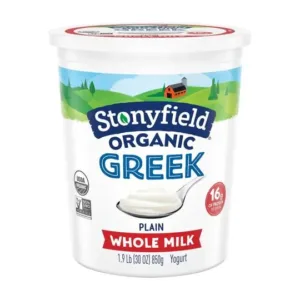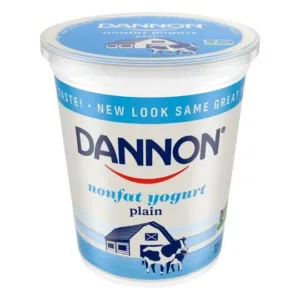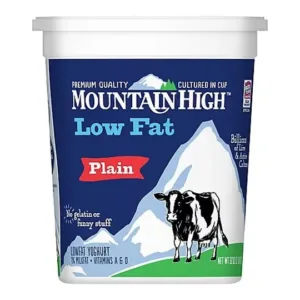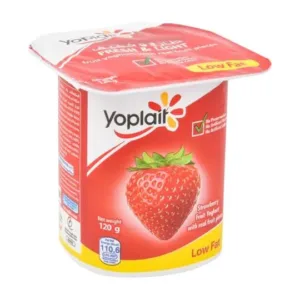
Raw Kelp Seaweed: A Potential Keto Option?
As the ketogenic diet rises in popularity, many people are curious about how their favorite foods fit into this dietary regime. Our food of focus today is Raw Kelp Seaweed, also known as a nutrient-packed superstar from the sea. This glossy, green, versatile marine vegetable not only boosts the taste of many dishes, but it's also lauded for its numerous health benefits. But the question that hovers in everyone's mind: Is Raw Kelp Seaweed keto-friendly?
Understanding the Keto Diet
Before we plunge into the detail about Raw Kelp Seaweed, it’s important to understand the basic principles of the ketogenic diet. This diet primarily emphasizes a high intake of fat (approximately 70-80% of daily caloric intake), moderate protein consumption, and very limited carbohydrate intake (usually less than 50 grams of net carbs per day). The purpose of these guidelines? To enable your body to enter a state known as ketosis, where it utilizes fat as its main energy source instead of carbohydrates.
Nutritional InformationPer (1 oz (28.35g)):
Per 100g:
| 
Raw Kelp Seaweed is very keto-friendly! It's a great choice if you're trying to maintain ketosis. |
Raw Kelp Seaweed is an under the sea gem that fits perfectly within a keto-friendly diet.
Not only does Raw Kelp Seaweed have practically zero carbohydrates per serving, but it is also known for its high content of iodine – an essential mineral that supports thyroid health.
Aside from iodine, Raw Kelp Seaweed is rich in calcium, iron, and potassium. It also contains vitamins A, C, E, K and B-vitamins, which collectively support various bodily functions and overall health. Incorporating raw Kelp Seaweed into your keto diet could, therefore, not only help you maintain ketosis but also contribute positively to your nutrient intake.





